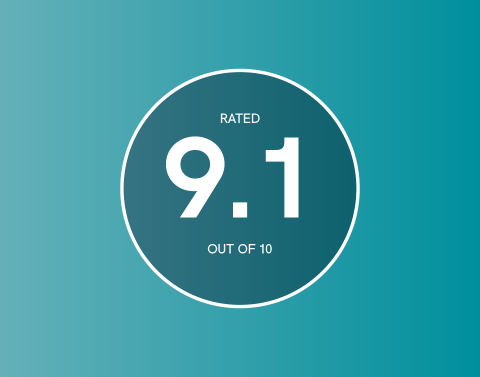Oliver James Associates has recently launched its Supply Chain & Purchasing desk, partnering with top tier clients across Retail and FMCG to identify, attract and place outstanding talent from Analyst through to Director Level.
Claire Stuart leads the Supply Chain & Purchasing desk. With over ten years’ experience, her exceptional knowledge of the retail sector puts her in a stellar position to advise our partners and find the best technical, cultural and role fit for our candidates. If you’re keen to improve business efficiency, read Claire’s top 5 tips for managing a global supply chain…
It’s become more common place for organisations to utilise international suppliers in today’s increasingly global economy. The benefits to a global supply chain also come hand in hand with multiple complications (think delayed shipping and inflated costs…). This can significantly impact your business profit which is why it’s key to simplify and reform the process. How?
1. The right hires
To help eliminate potential issues, it’s key to hire professionals with extensive local knowledge of the country you receive shipments from; their experience of the local market and territory you’re operating in will help you to understand cultural differences and the finer details that an outsider wouldn’t be familiar with; their knowledge of local regulations means they could help lower taxes and improve infrastructure. They could also help negotiate better pricing structures with suppliers.
2. Partnerships
Industry aside, partnerships are key to successful business. It’s important to build strong relationships with your global suppliers; be respectful of different cultures, flexible from a logistics perspective and inventory count and above all, treat suppliers as business partners or rather, an extension of your business. Having the right hires within your team that have local knowledge will be a valuable asset in the long run as they can influence partnerships and build rapport.
3. Embrace technology
Supply chain management software (SAP, JDE etc.) is so advanced now that supplier management, order processes and inventories can be analysed instantly. Ensuring you invest in these systems and the resources to manage them will increase business efficiency across multiple jurisdictions, ultimately improving accuracy and time management.
4. Alternative suppliers
What would you do if your number one supplier experiences a setback which is detrimental to your business operations? Having multiple back-up suppliers is one thing but maintaining a strong relationship with them is another. Can you call upon that back-up supplier in an emergency? Strengthening relationships with these partners may help you in the long-run if you need them at short notice to ensure that orders can be fulfilled if the worst happens. It’s also important to test your key suppliers to ensure they don’t become complacent with your business.
5. Intelligent forecasting
Accurate sales forecasting is vital in a global supply chain due to the likelihood of increased shipping times. Analyse sales trends carefully throughout 12 months, including seasonal patterns, in order to forecast more intelligently. Technology can be a significant help in this situation to minimise errors when forecasting so utilise the software available to you and your teams.
The benefits to a global supply chain can outweigh the negatives. It’s intelligent forecasting and strong partnerships that will create a winning global supply chain to ensure you consistently meet your consumers’ demands.
If you’re looking to hire within your supply chain department or you’re a supply chain professional looking for that next step, contact Claire for an open and honest conversation Claire.Stuart@ojassociates.com 0207 398 4349



